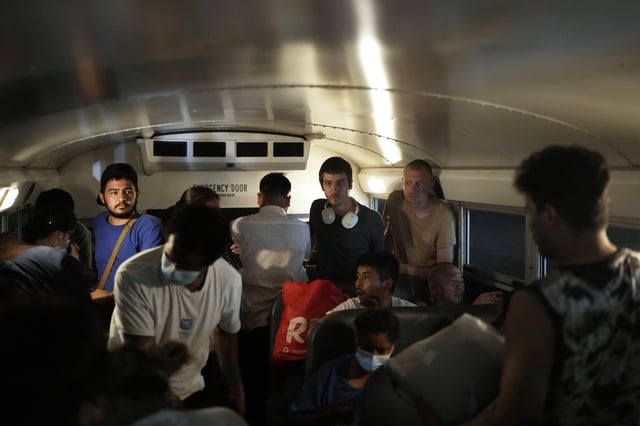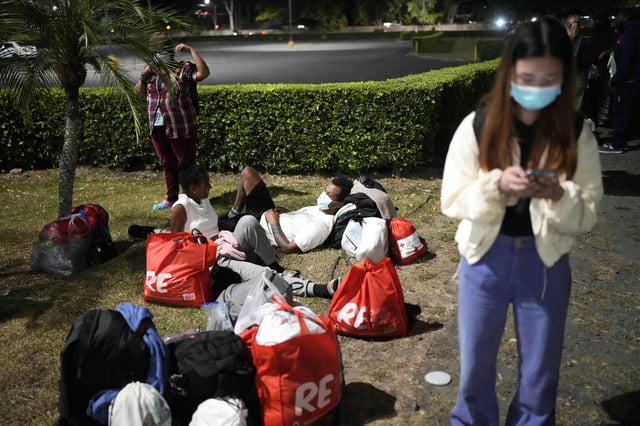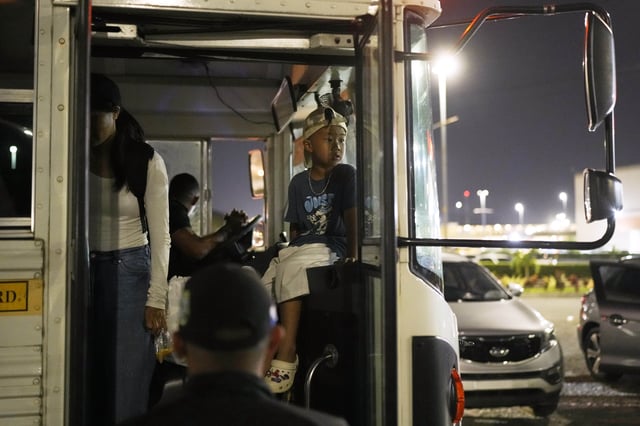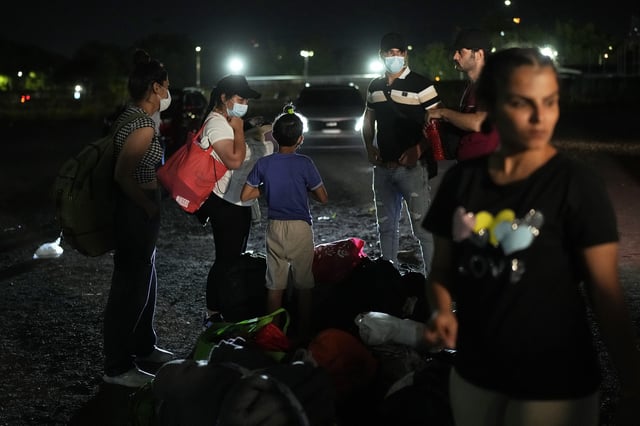Overview
- Panama released dozens of U.S. deportees held in poor conditions at a remote camp, granting them 30-day humanitarian permits to decide their next steps.
- The migrants, primarily from Asian nations, include individuals fleeing violence and persecution, such as Afghans, Russians, and Iranians, many of whom fear returning to their home countries.
- Human rights groups criticized Panama and Costa Rica for becoming transit hubs for U.S. deportees, describing the arrangement as a way to evade international asylum obligations.
- Panamanian authorities denied asylum requests and blocked journalists from accessing detention camps, sparking further scrutiny over the treatment of migrants.
- Many of the released migrants expressed intentions to attempt reentry into the United States, citing a lack of safe alternatives and the dire conditions in their home countries.



